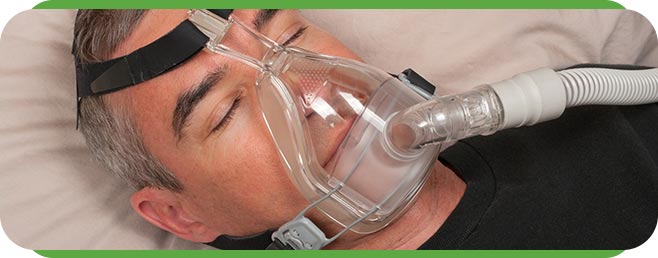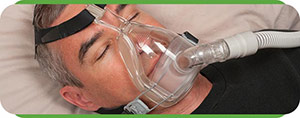Do Mouthguards Help with Sleep Apnea?
Mouthguards help you sleep better and peacefully without snoring. It also helps those who have sleep apnea. Learn more about the benefits of dental mouthguards and how they can help sleep apnea. Contact our team at Koala® Center For Sleep & TMJ Disorders or visit us online to book an appointment. We have convenient locations across the U.S. in Bloomington IL, Peoria/Dunlap IL, El Paso TX, and Wausau WI.


Table of Contents:
Do Dental Mouthguards work for Sleep Apnea?
Which Mouthguard is Best for Sleep Apnea?
How Much Does a Sleep Apnea Mouthguard Cost?
What is the Safest Way to Sleep with Sleep Apnea?
There are plenty of different kinds of mouthguards out there. May it be for snoring or for the sports field, but when it comes to sleep apnea there is a mouthguard for that too. Mouthguards for sleep apnea, also called an ‘oral appliance’ address the structure factors of the mouth that contribute to the condition.
There are mouthpieces that adjust either the position of the tongue or the jaw, depending on the nature of one’s condition. Most structural adjusting mouthguards work by moving the jaw forward, allowing for more airflow into the throat, reducing the chances of sleep apnea. Others are designed to adjust the position of the tongue within the mouth, keeping it from falling back into the throat, and obstructing oxygen intake during sleep. Allowing for a longer and better-quality night sleep.
Each sleep apnea mouthguard, also known as a jaw advancing device (JAD), is custom made by a dental professional to ensure the exact size and shape of the wearers mouth. Some mouthguards work to move the jaw forward allowing for more airflow; some work to supress the tongue, effectively preventing it from blocking the throat, so the wearer can maintain more consistent airflow during sleep.
Sleep apnea mouthguards are much more cost effective and less invasive than surgery making it a wonderful alternative to other sleep apnea treatments. With numerous types to choose from, you and your healthcare professional can discuss and decide if this treatment is right for you. Mouthguards can be used in conjunction with weight loss programs and may even improve snoring, so if you sleep with a partner at night, you may not be the only one benefiting from the use of a sleep apnea mouthguard. Being portable and compact as well as a convenient device, sleep apnea mouthguards are quickly gaining in popularity.
Each sleep apnea mouthguard should be custom made by a dental professional ensuring an exact fit for the wearer. There are plenty of ‘boil and mold’ models available at stores and on-line, however, since they’re of much poorer quality materials and not fitted by a professional, they are far less effective than one custom made by a healthcare professional.
The average out of pocket expense for a custom-made sleep apnea mouthguard will vary greatly depending on your medical insurance coverage. It might be as low as $250 or as much as $3,200 or more depending on your plan’s deductibles and co-insurance, but it is worth it. The cost includes impressions to make a custom-fabricated mouthguard by an industry professional. This ensures a completely unique, secure and safe fit for the wearer. The cost also covers 90 days of follow-up appointments and any adjustments to the dental device that might be required after purchase. Custom-made sleep apnea mouthguards are covered by most medical insurance carriers. Ask for a treatment estimate prior to beginning and request financing options that will help you make payments over time.
For the sake of a better and safer sleep at night, it is certainly a wise purchase. Think of it as an investment in yourself, as using mouthguards is reported to greatly improve the quality of sleep by the wearer, contributing to an improvement in the overall quality of one’s sleep and daily life.
There are plenty of ways to help to more comfortably, and safely sleep with sleep apnea. There are pillows and mattresses, mouthguards and even sleeping positions that can be used to allow for a safer sleep while sleeping with the condition.
Mouthguards are a great method, as they allow for the moving forward of the jaw or suppression of the tongue, depending on the nature of one’s apnea, allowing for a more open airway while sleeping.
Sleeping positions such as the fetal position are excellent too, or even just laying on one’s side or stomach, because the positions prevent the throat muscles from relaxing too much, stopping them from ‘drooping’ and blocking the airways. They also work to prevent snoring. If you sleep with a partner at night, you won’t be the only one benefitting from using a sleep apnea mouthguard.
Koala® Center For Sleep & TMJ Disorders offers treatment for sleep apnea.

Additional Services You May Need
▸ KoalaKIDZzz®
▸ Sleep Apnea
▸ Snoring
▸ TMJ Disorder
▸ Fatigue
▸ Sleep Disorders
▸ Weight Loss
▸ CPAP Alternative
▸ Oral Appliances




